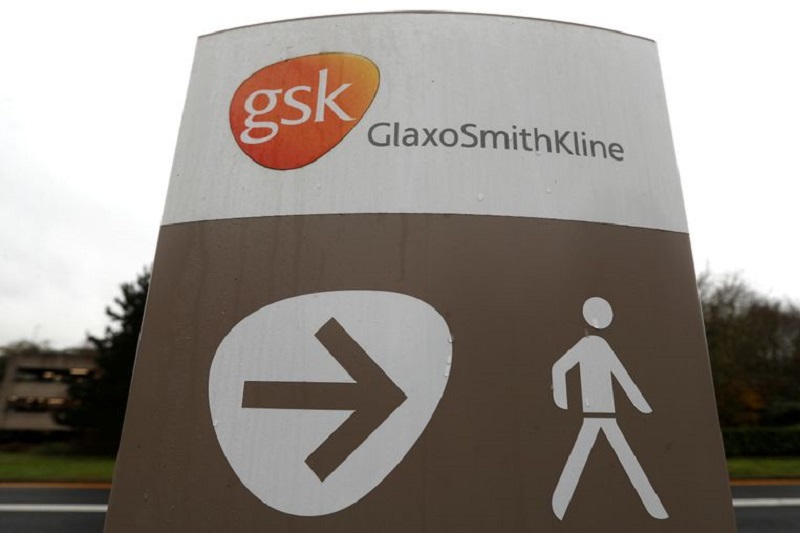This post was originally published on this site

Investing.com — The biggest debut on the London Stock Exchange in a decade fell flat on Monday, as Haleon (LON:HLN) stock started life after its spinoff from GlaxoSmithKline (NYSE:GSK) in uninspiring fashion.
By 9:45 AM ET (1345 GMT) the consumer health business was trading at 32.10 pounds, down around 2.2% from its opening level and valuing the company at around 30 billion pounds ($36 billion).
The spinoff is part of Glaxo CEO Emma Walmsley’s effort to give the remaining company the higher valuation that normally accrues to pure-play pharmaceuticals. However, the stock is coming to market with some uncertainty over how far and how fast Glaxo and Pfizer (NYSE:PFE) will cash out of their holdings. The two announced last month that they had struck an agreement for an ‘orderly’ sell-down by Pfizer, while Glaxo intends to remain a strategic shareholder.
GSK shareholders will receive one Haleon share for each GSK share they own. Pfizer will retain its 32% stake in the business, while GSK will own up to 13.5%. Pfizer said in June it intends to exit its stake “in a disciplined manner,” without going into further detail. Pfizer stock underperformed the broader market at the open in New York, rising only 0.1%
Haleon’s valuation compares poorly with the 50 billion-pound offer made earlier this year by Unilever (NYSE:UL), even after accounting for around 10 billion pounds of debt that the parent company is transferring to it. With the cost of servicing that debt set to rise over the coming months, the company will struggle to generate as much free cash flow as was initially hoped.
In addition, analysts noted, the current cost-of-living squeeze around the world is unlikely to favor Haleon’s branded treatments.
“Shoppers are increasingly going for supermarket own-label products as the cost of living crisis hits, with plenty of cheaper options for toothpaste and headache tablets than those sold by Haleon,” said AJ Bell analyst Danni Hewson in a note to clients. “That raises the risk of Haleon struggling to deliver meaningful earnings growth in the near-term, which is hardly the best start to life as a standalone business.”
Hargreaves Lansdown analyst Susannah Streeter noted meanwhile that Haleon will start life with net debt around four times its annual cash profits ratio, while the remaining GSK business will have a ratio of only two times.
However, the comparison with Unilever’s offer is perhaps an idle one. The consumer giant had quickly been forced to withdraw its bid after its own shareholders protested it as overpriced.
Haleon, which makes products such as Sensodyne toothpaste and Voltaren/Voltarol cream for joint pain, generated around 9.5 billion pounds in revenue last year, and forecasts organic sales growth of between 4% and 6% this year.

